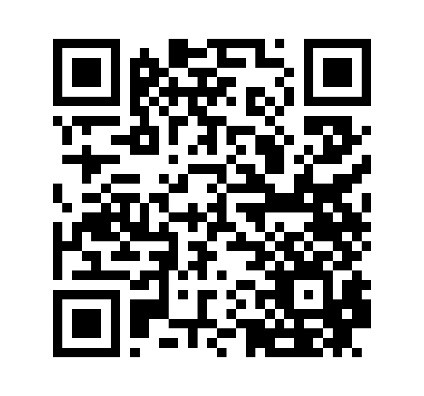National Center for Healthcare Advancement and Partnerships
HAP Partnership Impact
April is Sexual Assault Awareness Month: VHA stands behind those impacted by intimate partner violence
Every 68 seconds, a sexual assault occurs in the United States. More than one in three women and nearly one in four men have experienced sexual violence involving physical contact during their lifetimes.
For Sexual Assault Awareness Month, the Veterans Health Administration’s (VHA’s) Intimate Partner Violence Assistance Program (IPVAP) is helping to raise awareness about VHA services available for those impacted by intimate partner violence (IPV), which may include sexual assault and violence. Sexual assault includes nonconsensual sex acts, abusive contact, and threats and harassment.
“We want to be a part of a conversation that promotes hope and healing after sexual assault,” said Ms. Tisha Petelo, a IPVAP Coordinator and chair of the IPVAP National Leadership Council Raising Awareness.
In collaboration with the VHA Assault and Harassment Prevention Office, the VHA National Center for Healthcare Advancement and Partnerships (HAP), and the VHA National Social Work Program, the VHA has established a proactive, positive culture where all can feel safe and respected when they come for health care, resources for their well-being, and supportive services.
VHA also offers resources regarding military sexual trauma (MST)-related care, which refers to sexual assault or sexual harassment experienced during military service. Some individuals may experience MST from a person outside of their intimate-partner relationship like a supervisor, peer, or stranger.
Three years ago, Ms. Petelo started working as the local IPVAP coordinator for U.S. Department of Veterans Affairs (VA) Eastern Colorado Health Care System. She mentioned that, as they began to roll out screening for Veterans, health care staff revealed they have friends, family members, and loved ones, if not themselves, impacted by IPV.
“The stories from the staff were very genuine and heartfelt, in terms of their own life, family, or community experience with intimate partner violence,” Ms. Petelo said. “It touches everyone.”
Since then, Ms. Petelo continues to assist Veterans who experience sexual assault. One encounter with a female Veteran stays with her because of the strength the Veteran exhibited during her path to recovery.
“Through her resiliency and courage [while recovering from MST and brain injuries, with help from VHA], I began to realize that there’s so much possibility with healing and recovery,” Ms. Petelo said.
With the assistance and resources of IPVAP, there is hope and the possibility for a better future. In addition to counseling and support, the VHA provides services like the Beyond MST mobile app for military sexual trauma survivors, mental health resources, and an IPV resource flyer with information for Veterans, their families, and caregivers. VHA employees are committed to helping those who experience IPV.
With the assistance and resources of IPVAP, there is hope and the possibility for a better future. In addition to counseling and support, the VHA provides services like the Beyond MST mobile app
for military sexual trauma survivors, mental health resources, and an IPV resource flyer with information for Veterans, their families, and caregivers. VHA employees are committed to helping those who experience IPV.“We support them, walk along with them, and provide the resources and the education that they need in order to be successful in that journey,” Ms. Petelo said.
IPVAP is committed to helping individuals impacted by IPV. To contact the local IPVAP Coordinator, visit https://www.socialwork.va.gov/IPV/Index.asp. You can also call the National Sexual Assault Hotline at 800-656-4673 or the National Domestic Violence Hotline at 800-799-7233 for assistance.
Also, the White Ribbon VA campaign—organized in partnership with VHA, the National Association of Social Workers, and White Ribbon USA—aims to eradicate sexual harassment, sexual assault, and domestic violence in VA workplaces, hospital systems, and communities. Since the partnership was finalized, more than 12,000 people have taken the pledge, which is now included in new employee orientation and senior VA executive swearing-in ceremonies.
Please join the White Ribbon VA pledge to end domestic violence, harassment, and sexual assault. The pledge is simple: “I, [state your name], pledge to never commit, excuse, or stay silent about sexual harassment, sexual assault, or domestic violence against others.”
Document your pledge here: https://www.whiteribbonusa.org/whiteribbon-va-pledge.

For information about other HAP-supported initiatives, visit https://www.va.gov/HEALTHPARTNERSHIPS/partnerships.asp.
External Link Disclaimer: This page contains links that will take you outside of the Department of Veterans Affairs website. VA does not endorse and is not responsible for the content of the linked websites.
Posted March 29, 2022



















